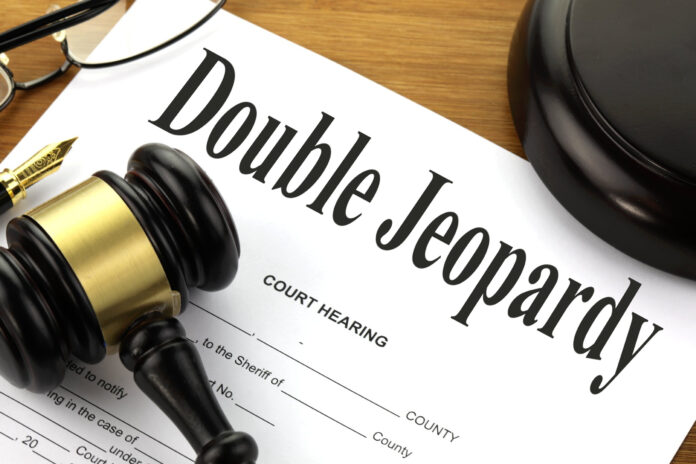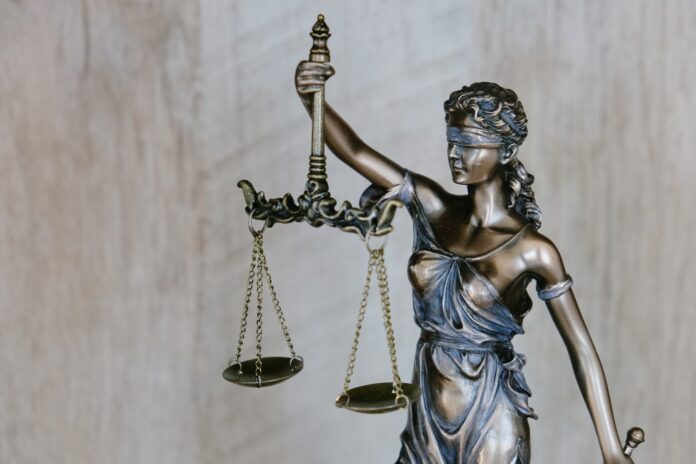In a democratic society, understanding one’s rights during an arrest safeguards individuals from potential injustices and abuses of power, and serves as a protective shield in a system that can, at times, feel overwhelming.
Central to this shield is the bedrock principle: “innocent until proven guilty.”
This tenet ensures that every individual, regardless of the accusations levied against them, is treated with dignity, fairness, and the presumption of innocence—a cornerstone that distinguishes just societies from oppressive ones.
This article analyzes the rights of the accused, elucidating what each right entails and why it matters.
From the right to remain silent to the significance of a speedy trial, this article aims to empower readers with the knowledge to ensure that everyone, regardless of their background or circumstances, is well-equipped with the information needed for any encounter with the legal system.
Knowledge of one’s rights is not just a safeguard—it’s a fundamental pillar of liberty.
The Right to Remain Silent
The Fifth Amendment to the U.S. Constitution proclaims that no person “shall be compelled in any criminal case to be a witness against himself.”
This provision, commonly known as the “right to remain silent,” ensures that individuals cannot be forced to self-incriminate, a principle crucial in preserving the integrity of the justice system and upholding the belief that one is “innocent until proven guilty.”
The landmark case of Miranda v. Arizona in 1966 where Ernesto Miranda confessed to crimes without having been informed of his Fifth Amendment rights led to the now-familiar “Miranda warning.”
The Right to an Attorney

The Sixth Amendment of the U.S. Constitution unequivocally states that in all criminal prosecutions, the accused shall “have the Assistance of Counsel for his defense.”
For those facing charges, this right ensures that every individual, regardless of their financial situation, has access to legal representation.
Given the stark economic disparities, the U.S. introduced the concept of public defenders, attorneys designated to aid those unable to afford private counsel.
The presence of a competent attorney, be it a public defender or a private one, is instrumental in ensuring that the accused’s rights are protected, that they understand the legal complexities they face, and that they receive a fair and impartial trial.
Search and Seizure Protections
The Fourth Amendment to the U.S. Constitution staunchly protects citizens from “unreasonable searches and seizures,” ensuring that one’s personal space, belongings, and privacy are not arbitrarily violated by government agents.
Central to this protection is the necessity for a warrant, which requires law enforcement to demonstrate probable cause to a neutral judge before carrying out a search or seizure.
The Fourth Amendment remains a testament to the framers’ commitment to individual privacy, asserting that personal liberty should not be compromised without just cause.
The Right to a Speedy and Public Trial
The Sixth Amendment of the U.S. Constitution not only promises the right to legal representation but also ensures that the accused shall enjoy the right to a “speedy and public trial.”
While the definition of “speedy” is not explicitly quantified, the principle guards against undue and prejudicial delays, ensuring that individuals are not subjected to prolonged periods of anxiety or incarceration before their case is heard.
A public trial, open to community scrutiny, serves as a barrier against miscarriages of justice, promoting transparency and holding the judicial process to the highest standards of fairness.
Integral to this process is the jury, a group of the accused’s peers entrusted with the duty of evaluating evidence impartially and rendering a verdict.
The jury’s role is to be a check on potential governmental overreach, ensuring that convictions only arise from clear, convincing, and unbiased deliberations.
Protection from Double Jeopardy

The Fifth Amendment of the U.S. Constitution enshrines the protection against double jeopardy, ensuring that an individual cannot be tried or punished twice for the same offense in the same jurisdiction.
This principle serves as a rampart against potential government abuse and safeguards the individual from enduring successive prosecutions, which could be used oppressively.
The doctrine stands as a testament to the framers’ intent to protect citizens from excessive state power and to provide finality in the criminal justice process.
Bail and Protection from Cruel and Unusual Punishment
The Eighth Amendment of the U.S. Constitution stands as a guardian against excessive bail and prohibitions against cruel and unusual punishments. Bail is designed as a system to ensure a defendant’s appearance in court.
With the use of bail bonds in Las Vegas from lightningbail.com, excessive bail and discrimination against the economically disadvantaged can be prevented.
The definition of “cruel and unusual punishment” is fluid, reflecting society’s evolving ethical and moral standards.
While the framers might have had certain punishments in mind, today’s discussions revolve around the ethics of practices such as prolonged solitary confinement or the methods used in capital punishment, ensuring that the justice system adheres to contemporary notions of human dignity and rights.
Exercising Your Rights

Recognizing when one’s rights have been violated is the first step in seeking redress and protection. Should an individual suspect such a violation, it’s imperative to consult with a lawyer immediately.
Organizations like the ACLU and various advocacy groups actively champion the rights of the accused, often providing resources or representation to those in need.
Understanding the rights of the accused is a fundamental aspect of a just and democratic society, serving as both a shield against potential injustices and a testament to our collective belief in the principle of “innocent until proven guilty.”
As citizens, it’s our duty to remain informed and vigilant, ensuring these rights are upheld for all, regardless of circumstance.








